Month: May 2014
-
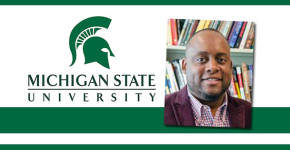
Muhammed Khalifa, Michigan State University – Hip Hop Culture Identities
As hip hop culture expands, schools are expanding with it. Dr. Muhammad Khalifa, assistant professor of educational administration at Michigan State University, is studying this trend. Dr. Muhammad Khalifa is an assistant professor in the Department of Educational Administration at Michigan State University. Having worked as a public school teacher and administrator in Detroit, Dr.…
-

Peter Turchin, UConn – Cliodynamic Models of History
Can math be used to better understand history? Peter Turchin, professor of ecology and evolutionary biology at the University of Connecticut, is doing just that through complex mathematical algorithms. Dr. Peter Turchin is a professor in the Department of Ecology and Evolutionary Biology, and adjunct in the departments of Anthropology and Mathematics at the University…
-
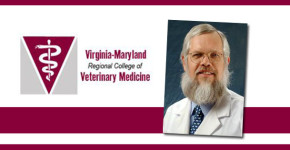
Phillip Sponenberg, Virginia Tech – Fainting Goats
The Latin name myotonia congenitamight not mean much to you, but you’ve likely seen them in action. Dr. Phillip Sponenberg, professor of pathology and genetics at the Virginia-Maryland Regional College of Veterinary Medicine at Virginia Tech, fills us in on one of the internet’s favorite animal oddities: the fainting goat. Dr. Phillip Sponenberg is a professor…
-

Yehuda Ben-Shahar, Washington University in St. Louis – RNA Messengers
RNA seems like the unsung little brother of DNA and protein. But Yehuda Ben-Shahar, assistant professor of biology at Washington University in St. Louis, is learning a great deal about their very important molecular responsibilities. Dr. Yehuda Ben-Shahar is an assistant professor of biology at Washington University in St. Louis. His research focuses on the…
-
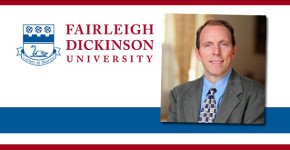
Bruce Peabody, Farleigh Dickinson University – American Heroism
“Big Data” is being mined to glean all sorts of information. Bruce Peabody, professor of political science at Fairleigh Dickinson University, is studying trends as they relate to our understanding of heroism in America. Dr. Bruce Peabody is a professor of political science, the pre-law & legal studies director, and the Florham Institute for Lifelong Learning Director…
-
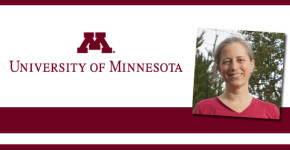
Elizabeth Borer, University of Minnesota – Grassland Fertilization and the Nutrient Network
It’s no secret that the presence of humans has a great effect on the environment. Elizabeth Borer, associate professor in the Ecology, Evolution, and Behavior Department at the University of Minnesota, is conducting global experiments to better understand how plants grow. Elizabeth Borer is an associate professor in the Ecology, Evolution, and Behavior Department at…
-
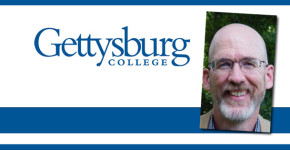
Christopher Fee, Gettysburg College – What a Living Wage Looks Like
Economic inequality and minimum wage are becoming increasingly discussed topics during these turbulent economic times. Chris Fee, professor of English at Gettysburg College, asks what constitutes a living wage? Dr. Christopher Fee is a professor and chair of the Department of English at Gettysburg College. Fee has published numerous articles and has given conference presentations on many interdisciplinary…
-
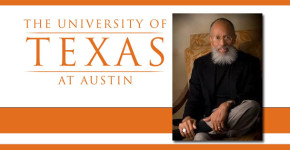
King Davis, University of Texas at Austin – Segregated Psych Centers
During the 1800s, segregation was even visible in the medical arena. King Davis, professor and director of the Institute for Urban Policy Research & Analysis at the University of Texas at Austin, is studying the medical records from the Central Lunatic Asylum for the Colored Insane. Dr. King Davis directs the Institute for Urban Policy Research…
-
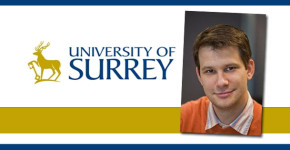
Radu Sporea, University of Surrey – Sci-Fi Technology
The amazing technology we see in science-fiction is fast becoming reality. Radu Sporea, academic research fellow at the University of Surrey, is helping to bring some of these future-thinking inventions to life. Dr Radu Sporea is Royal Academy of Engineering Academic Research Fellowin the Advanced Technology Institute at the University of Surrey. His current research focuses on power-efficient, cost-effective…
-

Paul Hearty, UNC Wilmington – Climate Change Patterns
What’s the best way to study climate change? Paul Hearty, associate professor in the Environmental Studies department at the University of North Carolina Wilmington, is looking back in time in order to make conclusions about the future of our environment. Paul Hearty is an associate professor in the Environmental Studies Department at the University of…
